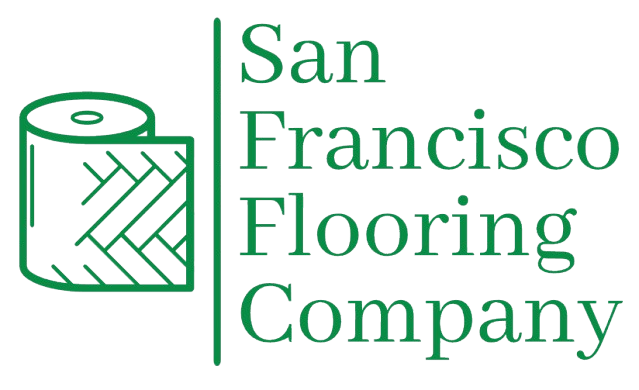San Francisco Flooring Company has been serving the Bay Area since 1993. We take pride in our work and have built strong ties with homeowners, builders, and designers across San Francisco. Our team is known for top-notch service and expert craftsmanship
San Francisco Flooring Company: Hardwood Flooring Refinishing Services in San Francisco, CA
Our Hardwood Refinishing Process
We take pride in our thorough and professional approach to hardwood floor refinishing. Our process ensures top-quality results that bring new life to your floors.
Initial Assessment and Consultation
We start with a detailed inspection of your floors. Our experts check for damage, wear patterns, and any structural issues. We measure the room and note any problem areas.
We discuss your goals and preferences. Do you want to change the color? Are there specific concerns? We explain our process and answer your questions.
We provide a written quote with a breakdown of costs and timeline. This helps you make an informed decision about moving forward with the refinishing project.
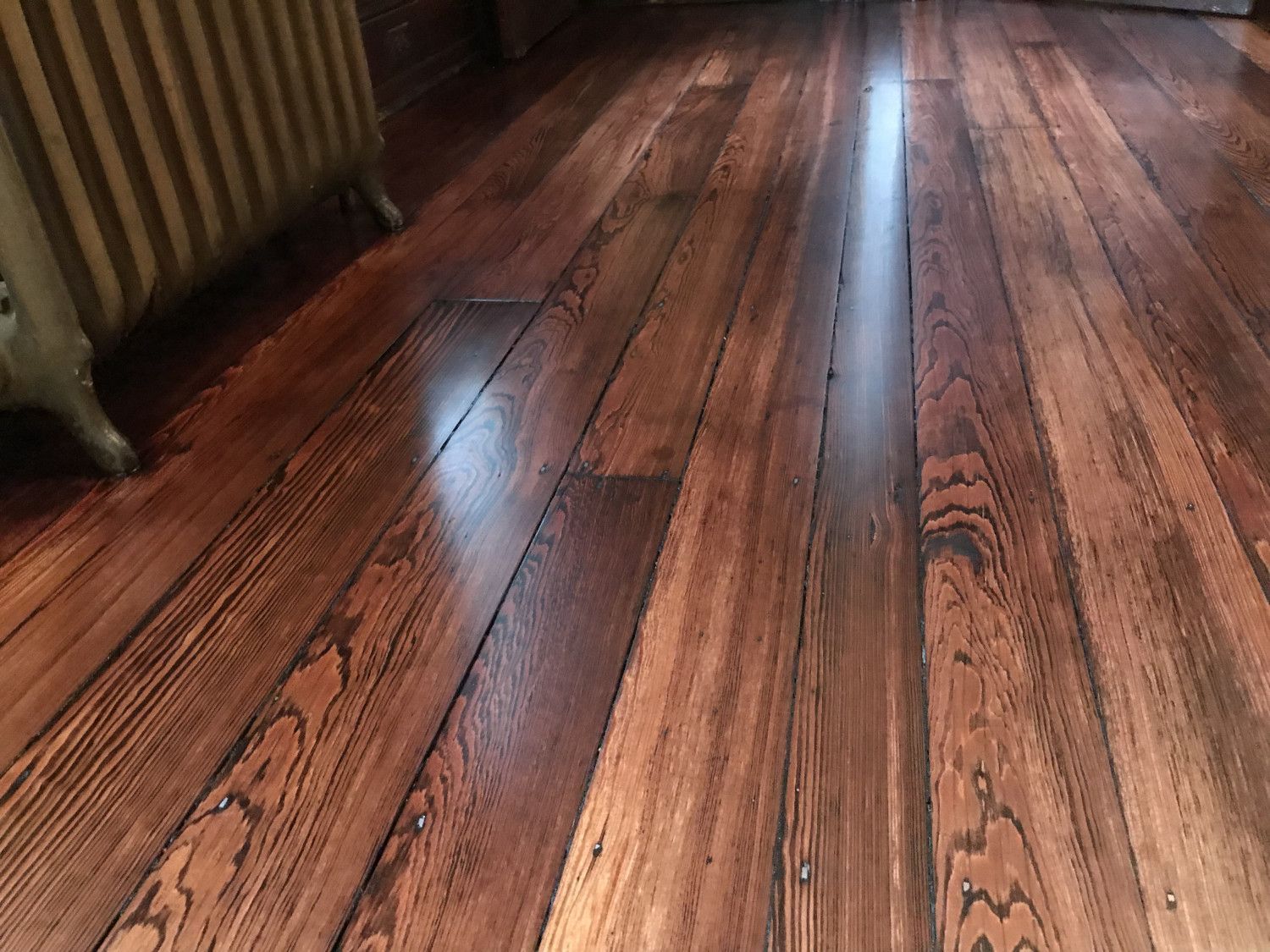
Detailed Refinishing Steps
- Preparation: We remove furniture and cover fixtures to protect them.
- Sanding: We use professional sanders to remove the old finish and smooth the wood.
- Cleaning: We vacuum and wipe the floor to remove all dust.
- Staining: If desired, we apply stain evenly for a new color.
- Finishing: We apply several coats of finish, letting each dry fully.
The process usually takes 3-5 days, depending on the size and condition of the floor. We use high-quality finishes to protect your floor and enhance its beauty.
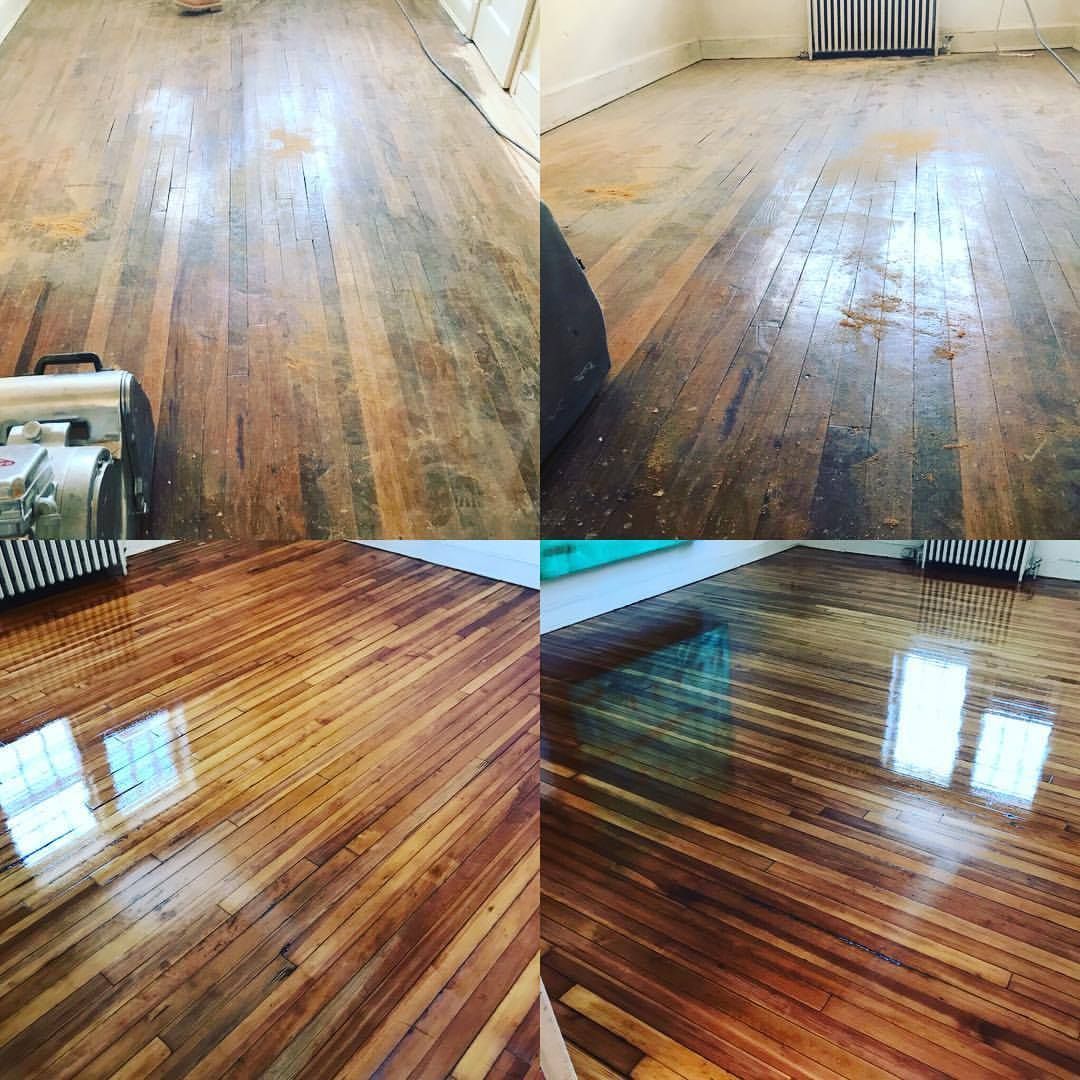
Post-Service Maintenance
After refinishing, we provide care instructions. We explain how to clean and maintain your new floor.
We recommend using soft pads under furniture legs to prevent scratches. Rugs in high-traffic areas can also help protect the floor.
Regular cleaning with a soft broom or dust mop is important. Avoid water or harsh cleaners, as these can damage the finish.
We offer follow-up inspections to ensure your satisfaction. If any issues arise, we're here to address them promptly.
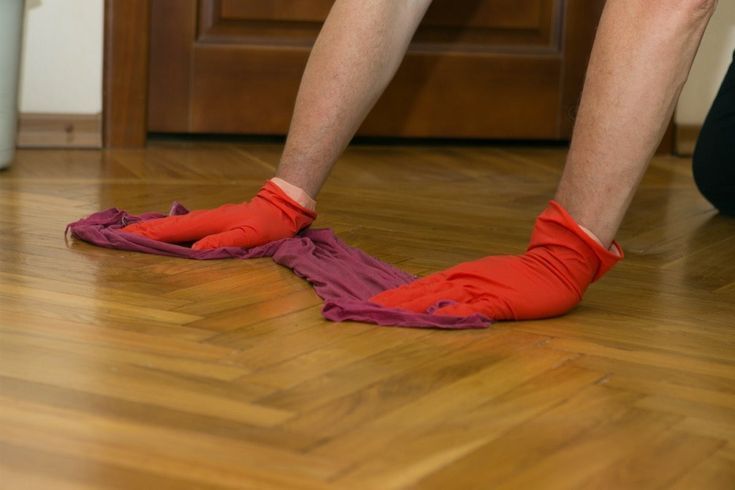
Types of Hardwood Finishes Available
We offer several hardwood finish options to protect and enhance your floors. Each type has unique qualities that affect durability, appearance, and maintenance needs.
Oil-Based Polyurethane
Oil-based polyurethane is a popular choice for its durability and rich amber glow. This finish forms a hard protective layer that resists scratches and wear. It takes longer to dry but can last up to 10 years with proper care.
We apply multiple coats for maximum protection. The finish deepens wood tones, giving floors a warm, classic look. It's ideal for high-traffic areas and homes with pets.
Oil-based poly has a strong odor during application. The room needs good ventilation. It also takes 24 hours between coats and several days to fully cure.
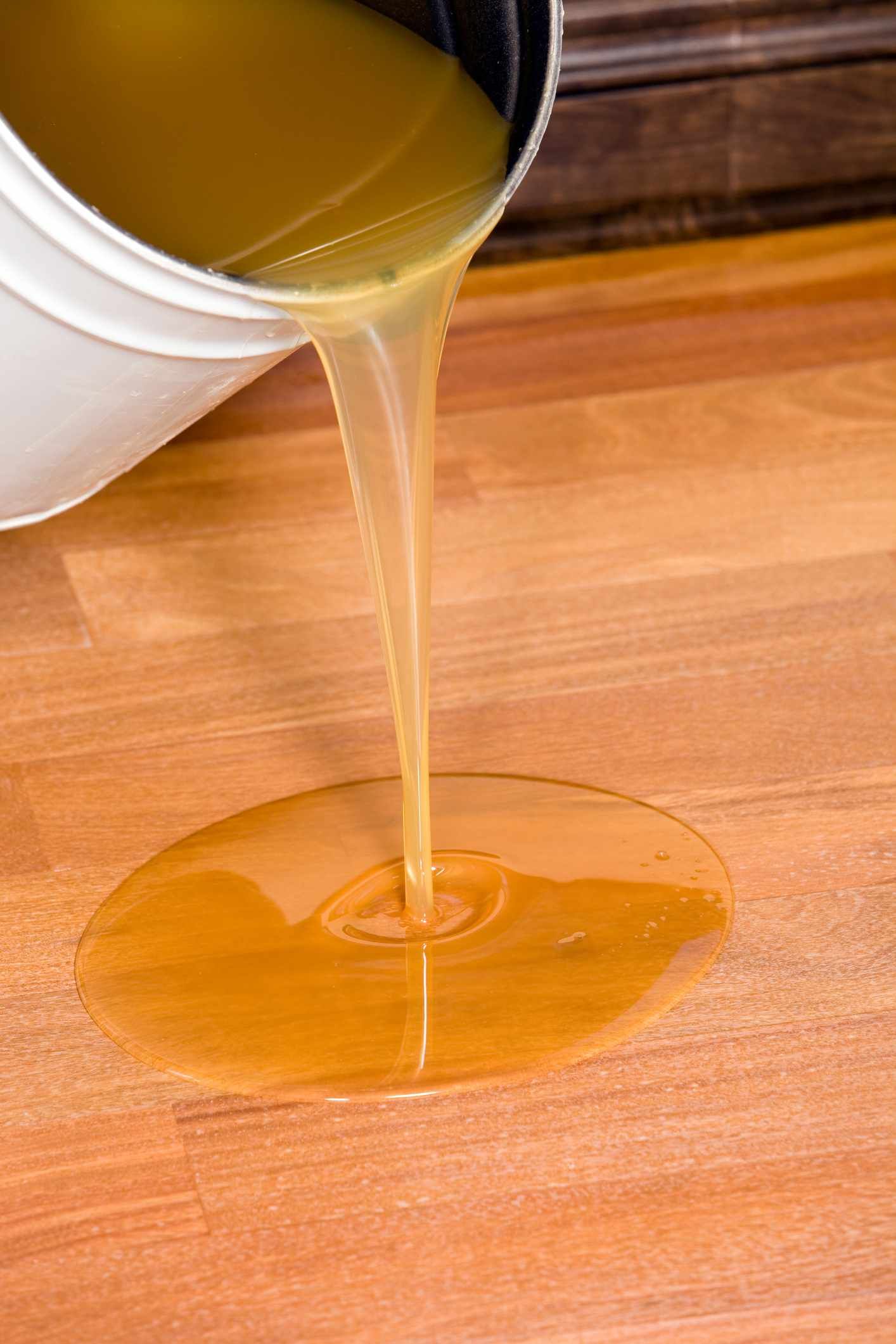
Water-Based Polyurethane
Water-based polyurethane dries quickly and has low odor. It forms a clear, durable finish that doesn't yellow over time. This option is eco-friendly and easy to clean up.
We can apply multiple coats in one day due to its fast-drying time. The finish enhances natural wood tones without altering color. It's great for light woods or if you want to preserve the original wood color.
Water-based poly is slightly less durable than oil-based. It may need reapplication sooner, typically every 5-7 years. However, it's easier to touch up and maintain.
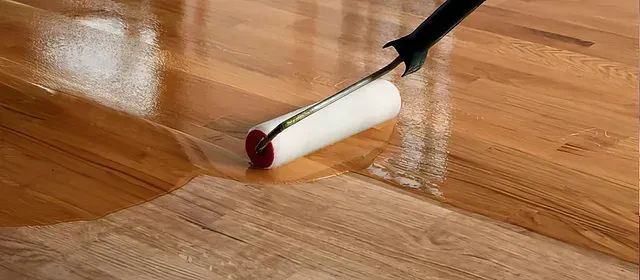
Wax and Oil Finishes
Wax and oil finishes offer a natural, low sheen look. They penetrate the wood, enhancing grain patterns and color. These finishes are easy to spot-repair and don't chip or peel like polyurethane can.
We hand-apply wax or oil, buffing it into the wood. This creates a soft, matte finish that's smooth to the touch. It's ideal for antique or reclaimed wood floors.
These finishes require more frequent maintenance. We recommend reapplying every 6-12 months to keep floors protected. They're less resistant to water and stains compared to polyurethane.
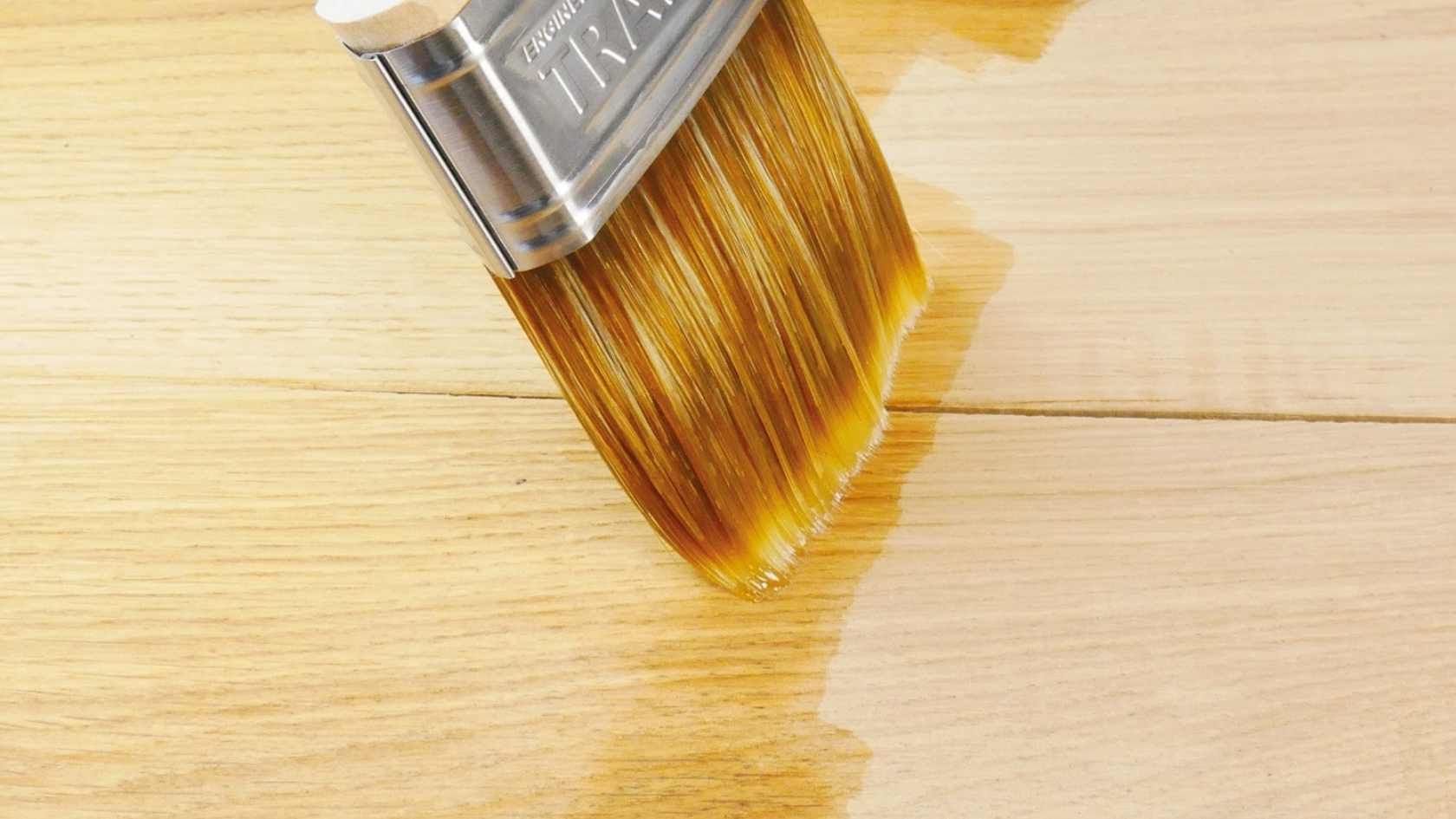
Planning Your Project
Planning is key to a successful hardwood floor refinishing project. We'll cover important aspects to consider when preparing for your renovation.
Choosing the Right Time for Refinishing
The best time to refinish hardwood floors is during mild weather. Spring and fall are ideal seasons in San Francisco. Warm, dry conditions help the finish cure properly.
We recommend scheduling the project when you can vacate your home for a few days. This allows for uninterrupted work and proper drying time.
Consider your personal schedule too. Avoid planning during busy periods or important events. A typical refinishing project takes 3-5 days to complete.
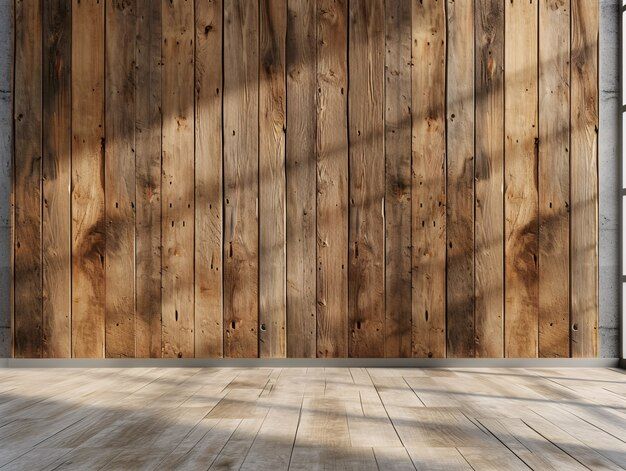
Budgeting and Quotation
The cost of refinishing hardwood floors in San Francisco varies. Factors like floor size, wood type, and current condition affect the price.
We suggest getting quotes from multiple reputable contractors. Compare services offered and read customer reviews.
Expect to pay between $1,446 and $3,289 for an average project. This estimate covers labor and materials for a standard refinishing job.
Remember to budget for additional costs. These may include furniture moving, repairs, or stain color changes. We can provide a detailed breakdown during our initial consultation.
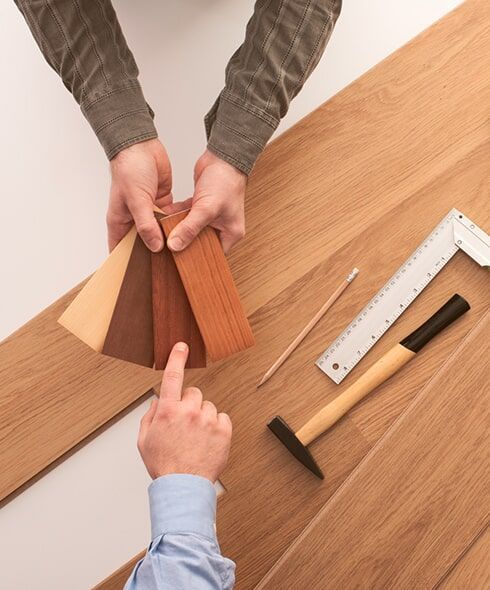
FAQs
Refinishing hardwood floors involves several key considerations. We've compiled answers to common questions about costs, timelines, seasonal factors, maintenance, finish types, and alternatives to traditional sanding.
How long does the hardwood floor refinishing process typically take for an average-sized home in San Francisco?
For an average-sized home, hardwood floor refinishing usually takes 3-5 days. This timeline includes sanding, staining, and applying multiple coats of finish. Drying time between coats is necessary.
Larger homes or those with extensive damage may require more time. We always provide a specific estimate based on your home's unique characteristics.
Are there any seasonal considerations for scheduling hardwood flooring refinishing services in San Francisco?
San Francisco's mild climate allows for year-round hardwood floor refinishing. However, certain seasons may offer advantages. Spring and fall often have ideal humidity levels for the process.
Summer can speed up drying times, but extreme heat may affect some finishes. Winter refinishing is possible, but extra ventilation may be needed due to closed windows.
What maintenance is required after refinishing hardwood floors to preserve their condition?
Regular sweeping and dust mopping prevent scratches from dirt and debris. We recommend using a damp mop for deeper cleaning, avoiding excessive water.
Place felt pads under furniture legs to prevent scratches. Use rugs in high-traffic areas for extra protection. Avoid walking on floors with high heels or sports cleats.
What types of finish are available when refinishing hardwood floors, and how do they differ?
Oil-based polyurethane offers durability and a warm amber glow. It's cost-effective but has a strong odor and longer drying time.
Water-based polyurethane dries quickly and has low odor. It maintains the wood's natural color but may be less durable than oil-based options.
Hardwood floor refinishing can also use natural oils or hard wax oils. These penetrate the wood and offer a matte finish, but require more frequent maintenance.
Can hardwood floors be refinished without sanding, and what are the alternatives?
Screen and recoat is an option for floors with minor wear. This process lightly abrades the existing finish before applying a new topcoat.
Another alternative is using a chemical etching process followed by a new finish application. This works well for floors with minimal damage.
For severely damaged floors, traditional sanding remains the most effective method to achieve a like-new appearance.
